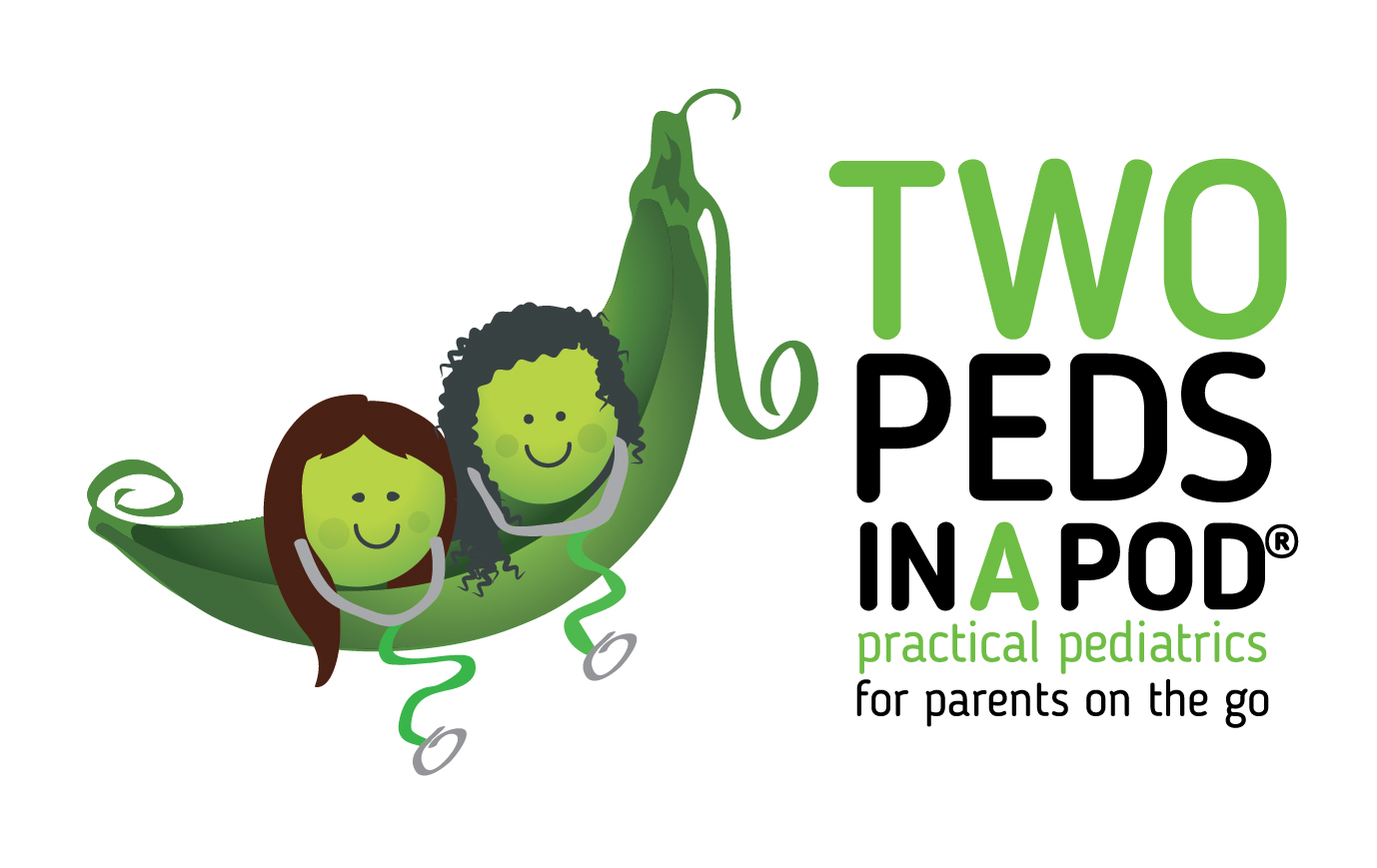
Whether your child is starting preschool or their last year of high school, use our back to school health tips to start strong:
Sleep
Even if school started for your child, you have time to change their summer sleep schedule. You can adjust it to fit their school year sleep needs.
Take a week or so to gradually dial back their bedtime. Otherwise, they will spend the first week of school jet lagged. The right amount of sleep for your child is whatever amount it takes them to wake naturally or to awaken with minimal prompting . Some kids need 8- 9 hours of sleep, others require 11-12 hours.
Beds are for sleeping only: no playing, studying, phone scrolling, or completing homework in bed. Teach them to “let go” of the day and associate their bed with drifting off to sleep.
Make sure kids of all ages get some exercise, preferably outside, to ward off insomnia at bedtime. On the other hand, exercise too close to bedtime will wind a child up.
For kids who drink coffee, tea, soda or any caffeine containing drinks- avoid these beverages any later than noon. Caffeine can last in the body for up to 24 hours and interferes with sleep.
Visit the bathroom
We know many kids who “hold it” all day in school, despite what we otherwise advise. Remind your children to stop by the potty at least once during the school day. If they claim they don’t need to urinate, they may be dehydrated. Send them in with a water bottle to school. Dr. Lai is fond of saying “You wouldn’t walk around with a baggie full of pee on the outside. So don’t walk around with one on the inside.”
Eat
Pack healthy snacks. Remind your kids that candy has no nutritional value.
Instead of only packing carbohydrates, try giving sliced carrots/celery/peppers and supply hummus, peanut butter, or cream cheese for dipping. Consider packing apple or pear slices along with nut butters or a slice of cheese.
Milk can be a good drink to send along with snacks-even if your child does not eat, they will get some protein as well as carbs from the milk.
Give your child enough time to eat breakfast in the morning. Pack a well balanced lunch, and offer the above snacks after school in addition to packing them for the school day.
Immunize
Flu shots are available by late August/early September each year and some pharmacies already carry them. New this year, some health insurance companies will allow parents to administer the nasal FluMist vaccine at home to their children-ask your pediatrician if your child medically qualifies for this. Otherwise, take them to their pediatrician, school health clinic, or local pharmacy for their annual flu vaccine.
Covid vaccines are safe and effective for children. They reduce the chance of severe Covid complications that would require hospitalization, reduce death from Covid, and also prevent long-Covid symptoms such as months of cough and/or fatigue. The American Academy of Pediatrics (AAP) recommends Covid vaccines for all children this year if they have never had one.
Be sure all of their vaccines are up to date. These include vaccines that prevent meningitis, pneumonia, whooping cough (the “100 day cough,”) measles, mumps (can cause sterility and deafness), and polio.
Stock of up these items to help your child if they get a back-to-school cold:
Honey, nasal saline, tylenol or ibuprofen
And just in case, remind yourself of what to do if the boogers begin to flow by reading our “back-to-school cold” post.
Have a wonderful school year!
Julie Kardos, MD and Naline Lai, MD
©2025 Two Peds in a Pod®



